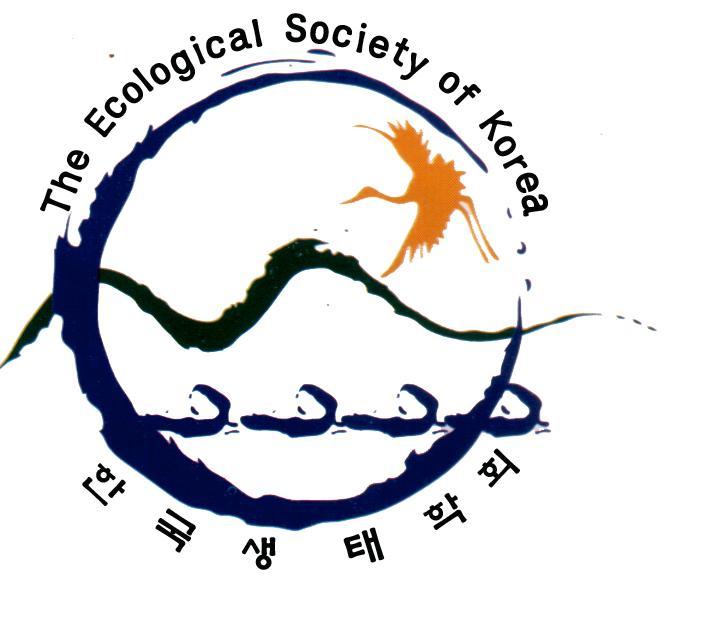- KOREAN
- P-ISSN2287-8327
- E-ISSN2288-1220
- SCOPUS, KCI
 ISSN : 2287-8327
ISSN : 2287-8327
Article Contents
- 2024 (Vol.48)
- 2023 (Vol.47)
- 2022 (Vol.46)
- 2021 (Vol.45)
- 2020 (Vol.44)
- 2019 (Vol.43)
- 2018 (Vol.42)
- 2017 (Vol.41)
- 2016 (Vol.39)
- 2015 (Vol.38)
- 2014 (Vol.37)
- 2013 (Vol.36)
- 2012 (Vol.35)
- 2011 (Vol.34)
- 2010 (Vol.33)
- 2009 (Vol.32)
- 2008 (Vol.31)
- 2007 (Vol.30)
- 2006 (Vol.29)
- 2005 (Vol.28)
- 2004 (Vol.27)
- 2003 (Vol.26)
- 2002 (Vol.25)
- 2001 (Vol.24)
Local activation using traditional knowledge and ecological resources of Korean islands
Abstract
When we consider changes in agro-fishery systems instigated by environmental changes in islands, rise in sea levels, and natural disasters such as tsunamis, there is an urgent need to carry out initiatives to enhance life standard and con¬serve ecosystem in island and coastal regions. To protect the region’s landscape from the effects of climate change, it is necessary to develop an integrated management system for ecosystem conservation, human settlements, and the local economy. This paper discusses the outline of a preliminary national plan for a sustainable island management system for remote (inhabited and uninhabited) islands in Korea. Two main ideas to enhance life standard are adapting to the natural environment by applying traditional knowledge and utilizing ecological resources of islands, i.e., improving the quality of life and creating added value. As a technique for improving the quality of life, the establishment of eco-villages based on energy-efficient passive houses and ecological welfare is suggested. Another technique for creating added value, the development of sea-farming islands that utilize islands’ new recyclable energy is also proposed. Finally, the suggested ideas are discussed in relation to island ecotourism and carbon zero islands.
- keywords
- ecological knowledge, island ecosystem, island resources, local activation, sustainable island
Reference
Hong SK, Lee HJ, Kang BR, Kim JE, Lee KA, Kim KW, Jang DH. 2014. Challenges and goal of the sustainable island: case study in UNESCO Shinan Dadohae Biosphere Reserve, Korea. In:. Designing Low Carbon Societies in Landscapes (Nakagoshi N, Mabuhay JA, eds). Springer, Tokyo, pp. 145-162.
Hong SK, Wu J, Kim JE, Nakagoshi N, editors. 2011. Landscape Ecology in Asian Cultures. Springer, Tokyo.
Kennedy VS, Twilley RR, Kleypas JA, Cowan JH Jr, Hare SR. 2002. Coastal and marine ecosystem and global climate change: potential effects on U.S. resources. Pew Center on Global Climate Change, Arlington, VA.(http://www.pewclimate.org/docUploads/marine_ecosystems.pdf).
Kim JE. 2013. Sustainable maritime and island policy in the national territory. J Isl Cult 41:305-327.
Korea Institute of Marine Science and Technology Promotion. 2014. Planning research on management and application technology of small island. Ministry of Oceans and Fisheries R&D Report-20140073, Seoul.
Lee HJ, Cho KM, Hong SK, Kim JE, Kim KW, Lee KA, Moon KO. 2010. Management plan of UNESCO Shinan Dadohae Biosphere Reserve (SDBR), Republic of Korea: integrative perspective on ecosystem and human resources. J Ecol Environ 33: 95-104.
Lee SJ, Jang CS, Park KH, Jang EK. 2012. Public Policies for Utilizing the Distinctive Resources of Islands: Features, Limits and Improvement Measures. Korea Research Institute for Human Settlements, Anyang. Report No.2012-50.
Maribus. 2013. World Ocean Review 2013: Living with the Ocean: 2. The Future of Fish- The Fisheries of the Future. Maribus, Hamburg.
Ministry of Land, Transport and Maritime Affairs. 2012. Study for sustainable utilization and development of uninhabited islands. Korea Maritime Institute-Final Report.
Oh KH, Chung CH, Koh YK, Hong SK, Kim JE, Lee KA. 2011. The improvement plan of evaluation method for uninhabited island management.J Korean Isl 23: 137-150.
- 65Downloaded
- 216Viewed
- 0KCI Citations
- 0WOS Citations

